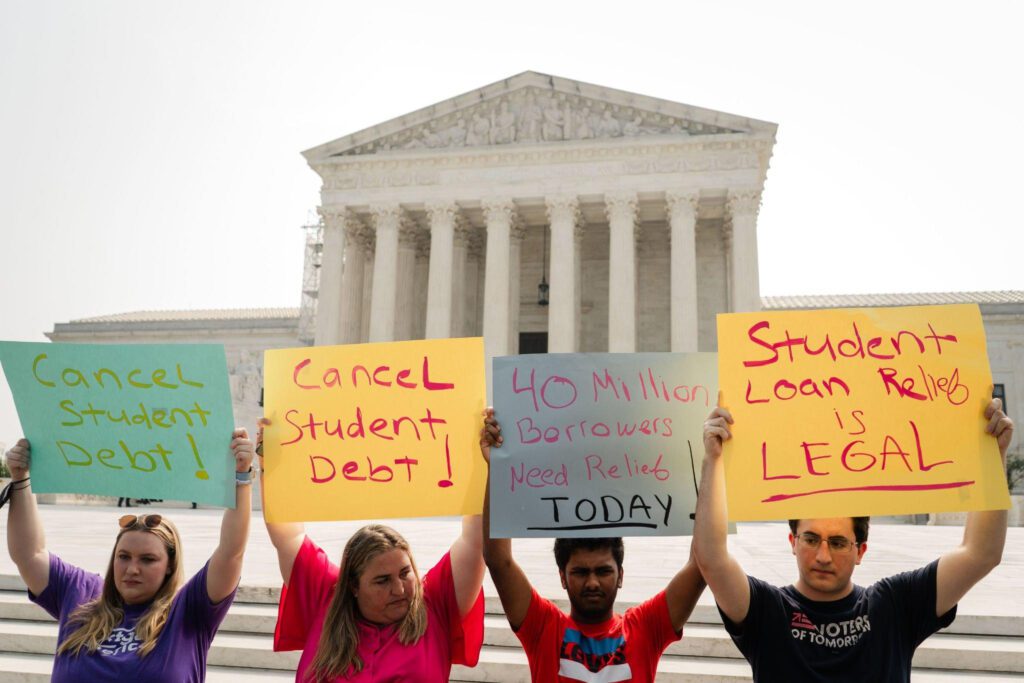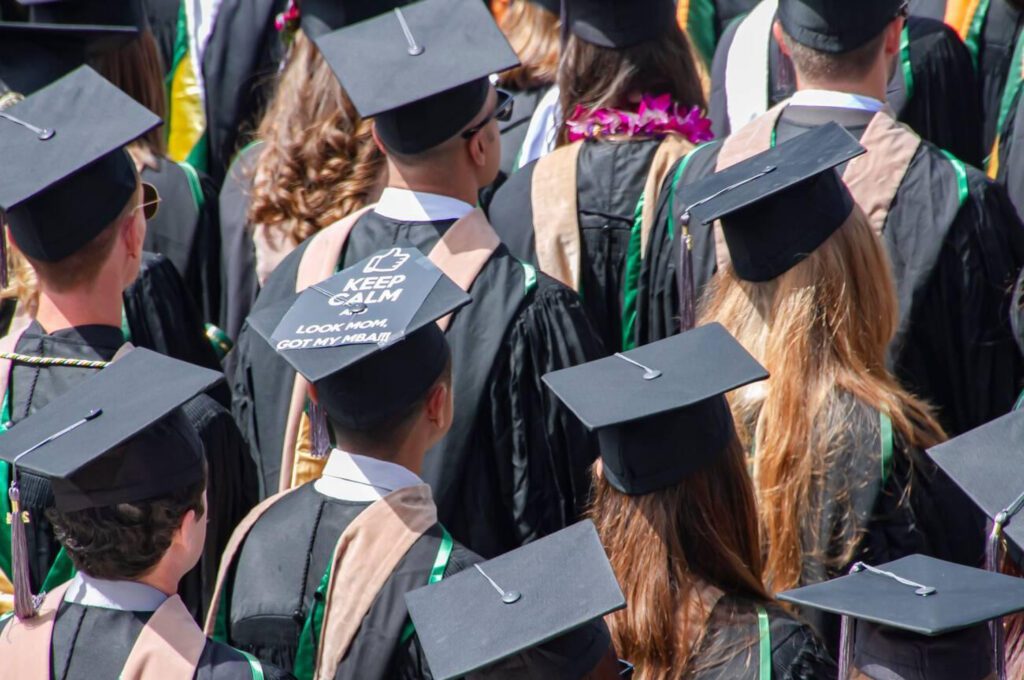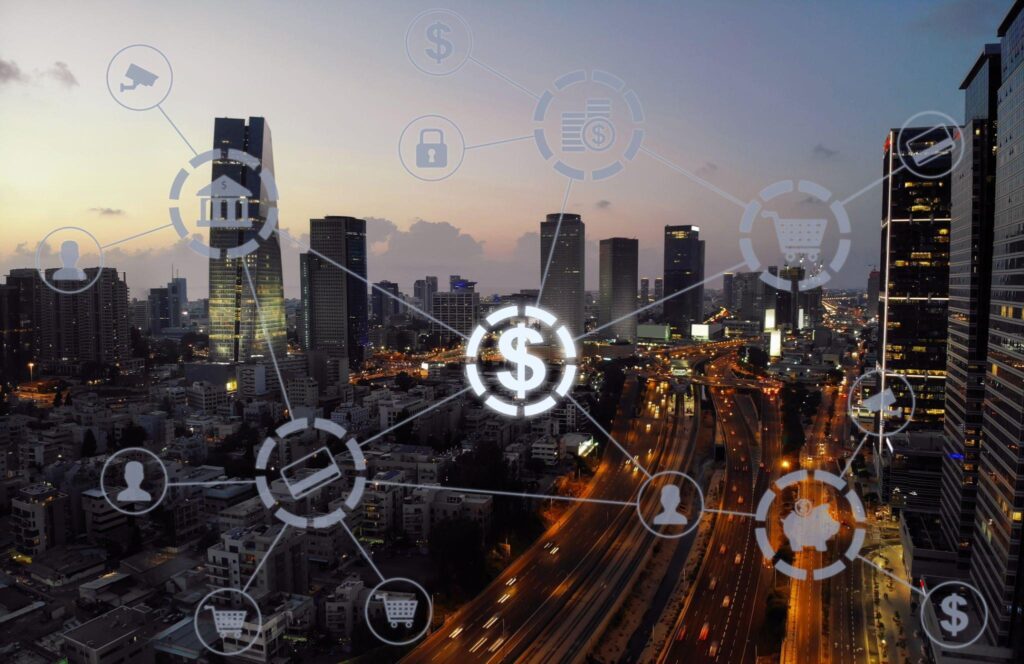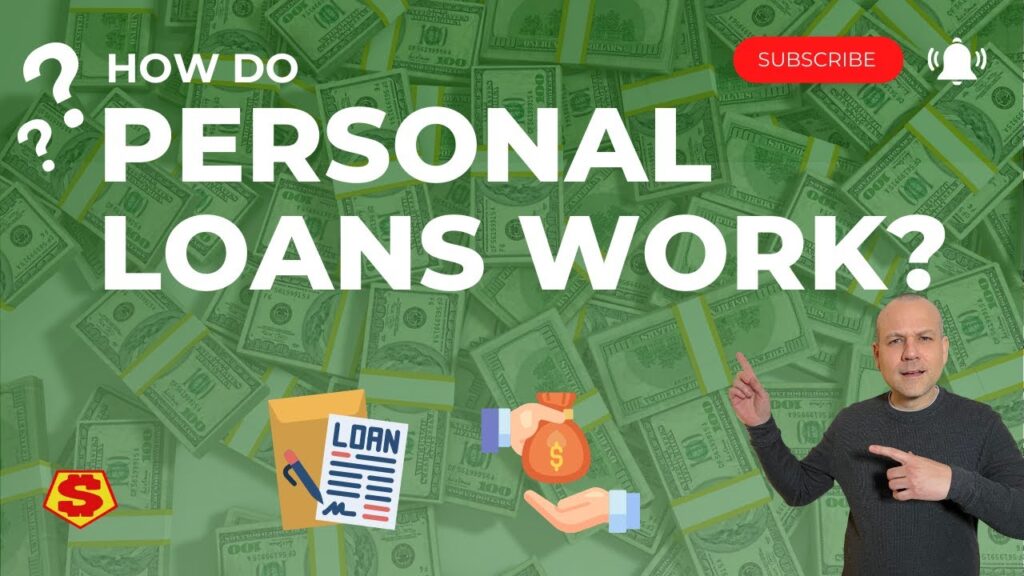President Biden’s plan to provide federal student loan forgiveness of up to $10,000 per borrower aimed to deliver financial relief to millions of Americans struggling under college debt burdens. However, legal challenges quickly put the policy on hold, leaving its future uncertain.
A federal appeals court ruling temporarily blocked Biden’s student loan forgiveness program just as applications were set to open in October 2022. The decision by the 8th Circuit Court of Appeals upholds a lower court injunction halting the debt discharge plan. This judicial intervention followed lawsuits filed by six Republican-led states seeking to overturn the Democratic administration’s initiative.
The states allege Biden overstepped his executive authority by enacting widespread federal student loan forgiveness without Congressional approval. By discharging over $400 billion in student debt obligations, the plaintiffs argue the plan represents an unlawful infringement of Congress’ spending power.
The Department of Education was prepared to accept applications and grant relief this fall. The federal appeals court student loan forgiveness ruling creates frustration and uncertainty for borrowers in need. The White House remains confident its actions fall within the law. But the complex legal conflict could take months more to resolve.
Biden Student Debt Relief Plan in Limbo
President Biden’s federal student loan forgiveness plan unveiled in August offered $10,000 in canceled debt for individual borrowers making under $125,000 annually or married couples earning less than $250,000. Eligible low-income students who obtained Pell Grants could receive enhanced forgiveness of $20,000. However, legal challenges have since paused the program’s rollout.
The program boosted relief to $20,000 in federal student loan forgiveness for lower-income borrowers who earlier got Pell Grants. While cutting most balances by 50% or more, drawing approval from advocates, Republican attorneys rapidly developed injunction lawsuits accusing Biden of executive overreach, now stalled in federal appeals court.
Does the HEROES Act Enable Debt Cancellation?
A core argument of the Republican-led states is that the Biden administration lacks authority to enact student loan forgiveness under the 2003 Higher Education Relief Opportunities for Students (HEROES) Act. This law aimed to provide student debt cancellation powers targeted to military members in response to the 9/11 attacks.
Whether HEROES enables sweeping civil federal student loan forgiveness remains hotly contested. Until higher federal appeals courts offer a new interpretation, Biden’s vision faces injunction. Any path forward likely depends on sympathy from a Supreme Court dominated 6-3 by Republican-appointed justices.

Uncertain Economic Impact of Mass Student Debt Relief
Alongside intense legal scrutiny, another key dimension of the student debt forgiveness debate relates to potential economic impact. The White House heralded its plan as boosting household balance sheets and consumption. However, forecasts vary regarding stimulative consumer effects from relieving such a large pool of education debt.
Federal Student Loan Forgiveness: Demand-Side Arguments
Advocates argue sweeping moves like federal student loan forgiveness can unleash large pent-up consumer demand, boosting GDP as households spend more on big-ticket items. This rise in economic activity would counter gloomy forecasts around inflation and equity market erosion damaging household wealth this year.
Previous federal pandemic stimulus efforts in 2020-2021 saw expanded unemployment payments and direct checks translated into significant jumps in consumer spending when personal savings were higher. Student debt relief is positioned to motivate similar demand growth, though perhaps more moderately, given the current high inflation.
Federal Student Loan Forgiveness: Skeptics of Economic Windfall
Critics note that only 13% of the U.S. holds federal student loan debt. This limits the breadth of positive spillovers from discharging obligations concentrated on a smaller consumer subset.
Additionally, some households under repayment pause since early 2020 have not necessarily accrued higher cash buffers or boosted spending. This dampens notions of serving pent-up demand energy, suddenly unleashing activity, even if balances get forgiven.
Rising federal costs from debt cancellation could also neutralize gains by necessitating higher taxes. This dynamic may further dampen rather than stimulate growth.

Federal Student Loan Forgiveness: Key Dilemmas Around Fairness and Equity
Undergirding the fierce federal appeals court battle around student loan forgiveness are debates regarding the policy’s fairness and effectiveness in promoting equity.
Research from the left-leaning Roosevelt Institute concluded that generous forgiveness, such as eliminating $50,000 per federal borrower, would disproportionately benefit Black and Hispanic households. These groups face higher debt burdens on average relative to past income compared to white graduates.
However, the Brookings Institution finds nearly 70% of total debt relief dollars may accrue to borrowers in the top 60% of the income distribution. This casts doubt that blanket student loan forgiveness represents an especially progressive economic policy.
With fierce legal, economic, and ethical debates persisting, the future of Biden’s signature federal student loan forgiveness initiative remains highly uncertain. The administration vows to keep fighting to enact its vision. But the ultimate solvency of the policy now rests in the hands of the judicial system.
Why is Biden’s student loan forgiveness plan on hold?
Legal challenges by six Republican-led states claim executive overreach, putting the plan in judicial limbo.
What was the initial relief amount proposed?
Biden proposed up to $10,000 debt cancellation, increasing to $20,000 for low-income borrowers with Pell Grants.
Can the HEROES Act enable debt cancellation?
Debate centers on whether the 2003 HEROES Act grants authority; it’s a focal point in legal disputes.
What economic impact is expected?
Debates surround the potential for consumer-driven economic growth versus concerns about fairness and equity.

